News

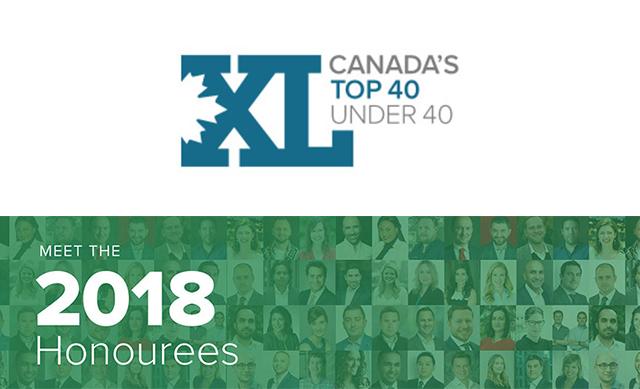
Prof. Graham Taylor chosen as one of Canada's Top 40 Under 40
Each year, Canada’s Top 40 under 40 celebrates the achievements of 40 Canadians in the private, public and not-for-profit sectors, who have demonstrated remarkable success before passing the age of 40.
The 40 are drawn from a rich national pool of nominees, and chosen based on their professional accomplishments, vision, leadership, innovation, and community involvement.
Associate Professor, Dr. Graham Taylor, has been chosen as a recipient of this coveted Canadian award for young business leaders.
Dean Named Fellow of the Canadian Academy of Engineering
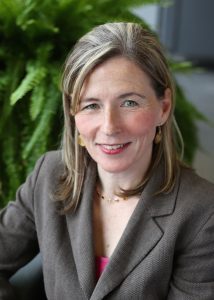
Mary Wells
Mary Wells, dean of the College of Engineering and Physical Sciences at the University of Guelph, has been named a new Fellow of the Canadian Academy of Engineering (CAE).
$1-Million Gift to Support Water Research, Scholarships
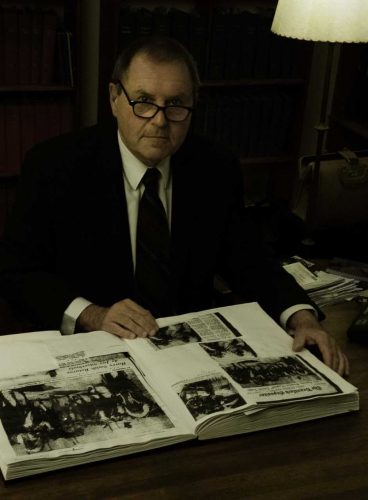
Ted Morwick
A new gift to the University of Guelph is meant to help the next generation of researchers protect one of the world’s most vital resources: water.

U of G Leader in Accessibility With Installation of Wayfinding System for Visually Impaired
The University of Guelph is the first Canadian post-secondary institution to install a complete electronic wayfinding system called BlindSquare to help blind and visually impaired people find their way around campus, both inside and out.
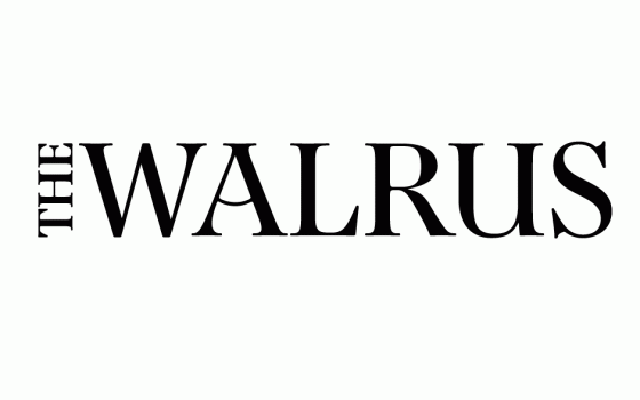
AI and Discrimination: The Walrus Interviews U of G Prof
Prof. Graham Taylor was interviewed by The Walrus for a story about racism and sexism in artificial intelligence applications.
Much of AI technology — and its search engines and facial-recognition systems — has been developed in a way that does not recognize human diversity, the article posits. While certain technologies are prized for their neutrality, said the writer, this isn’t always the case.
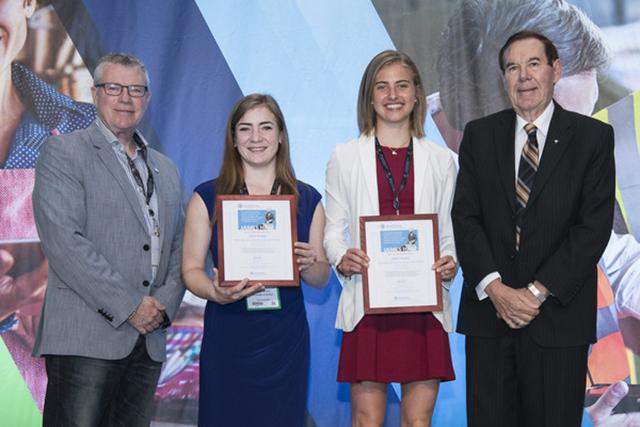
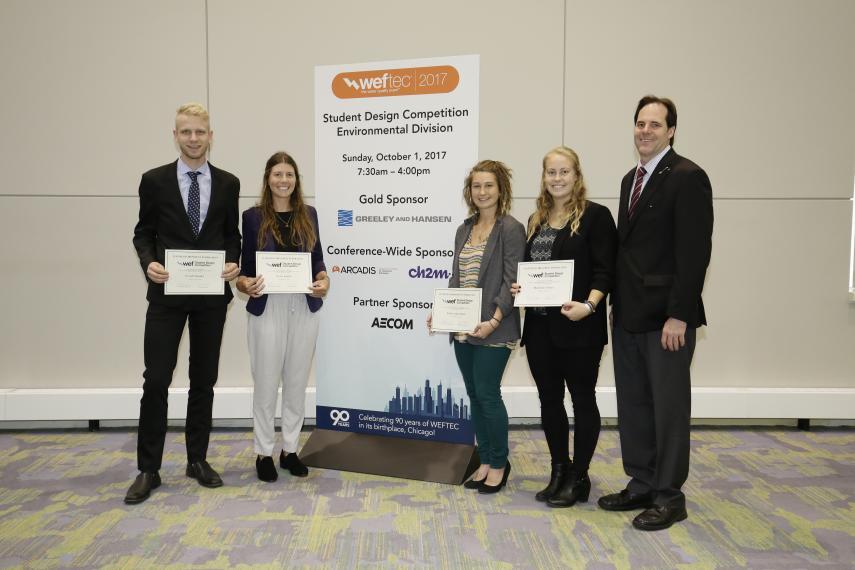
41x Team Won WEAO Student Design Competition
Everett Snieder, Emily Angermann, Nicole Ludzki and Madelaine Prince won the Water Environment Association of Ontario Student Design Competition. They presented their final design in Ottawa and placed first (out of 8 teams). They designed a stormwater management retrofit for Exhibition Place in Toronto. The team will represent Ontario at the Water Environment Federation Student Design Competition in Chicago in September.
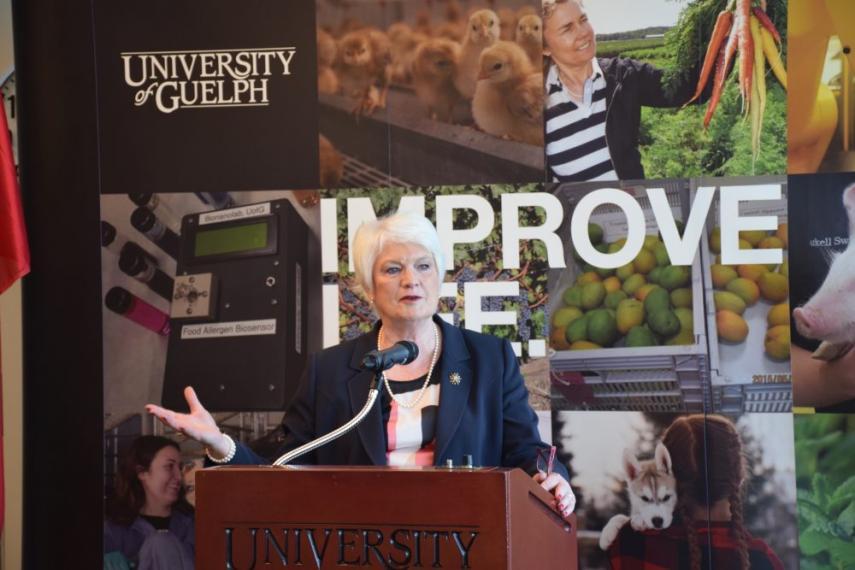
Ontario Government Invests $6 Million in U of G Innovations
Funded by the Ontario Research Fund’s Research Excellence program, both initiatives will involve researchers from across U of G and Canada, as well as industrial partners.